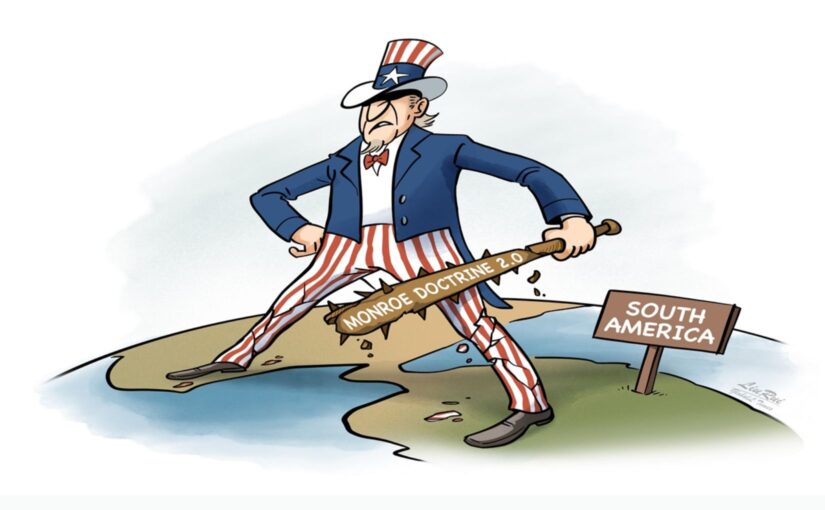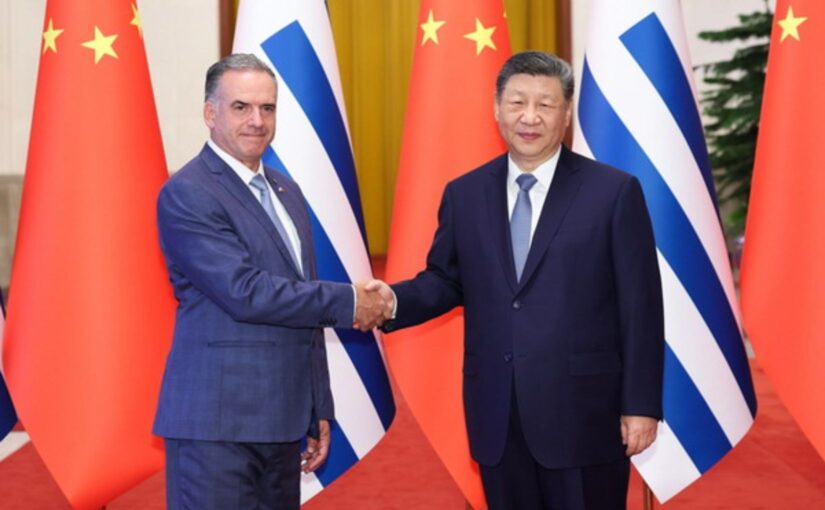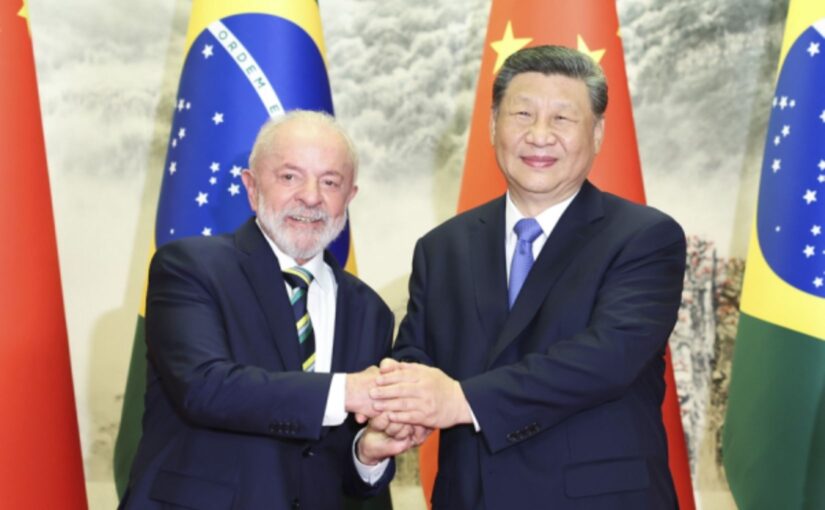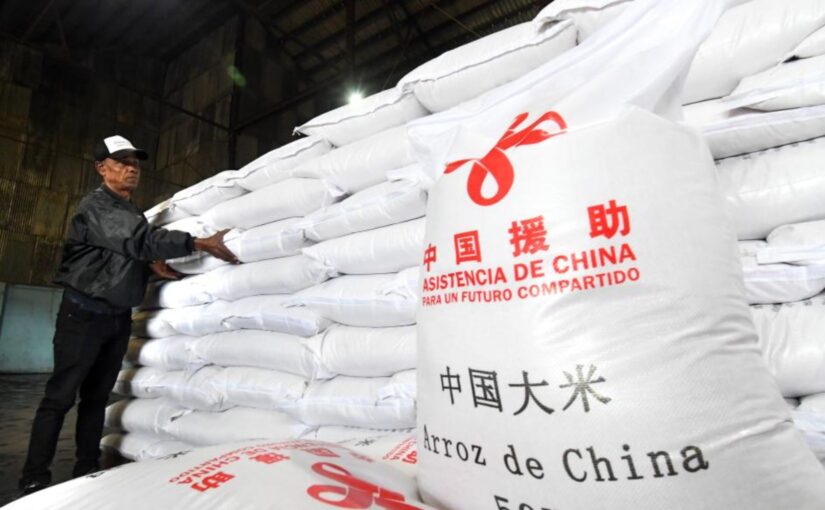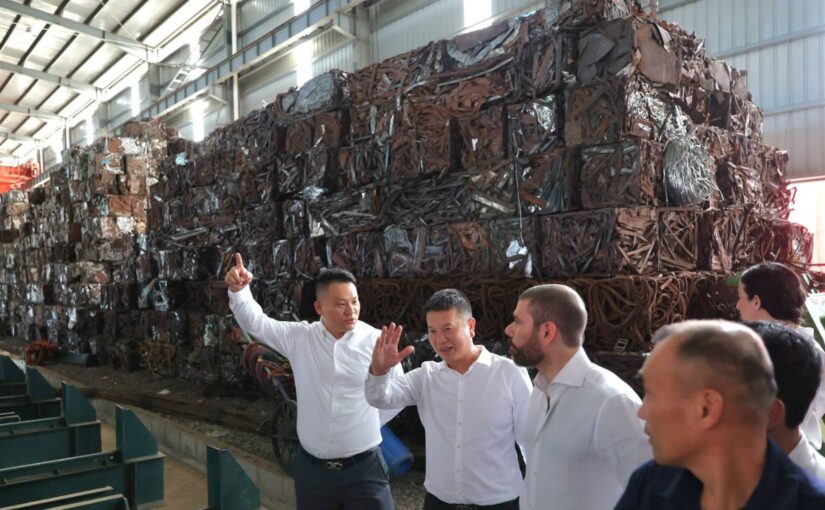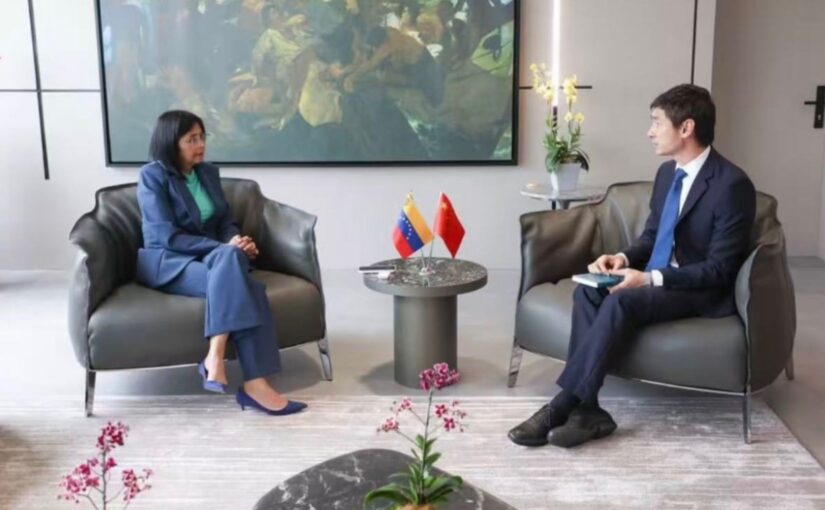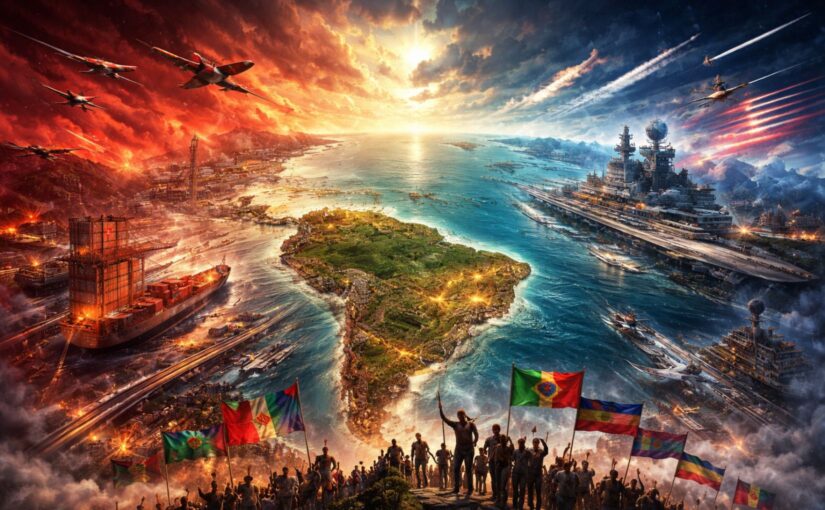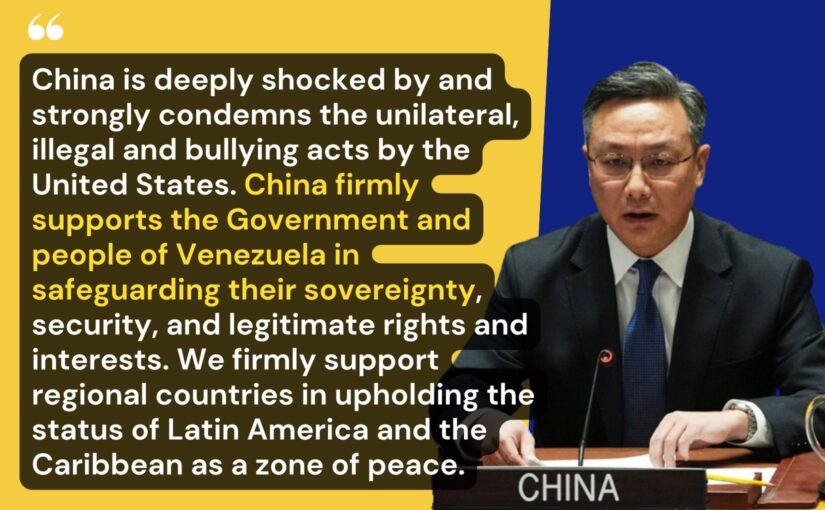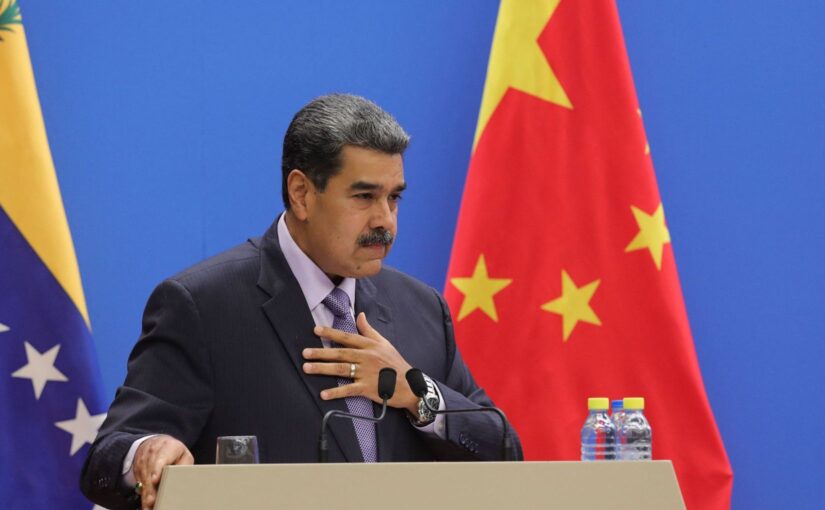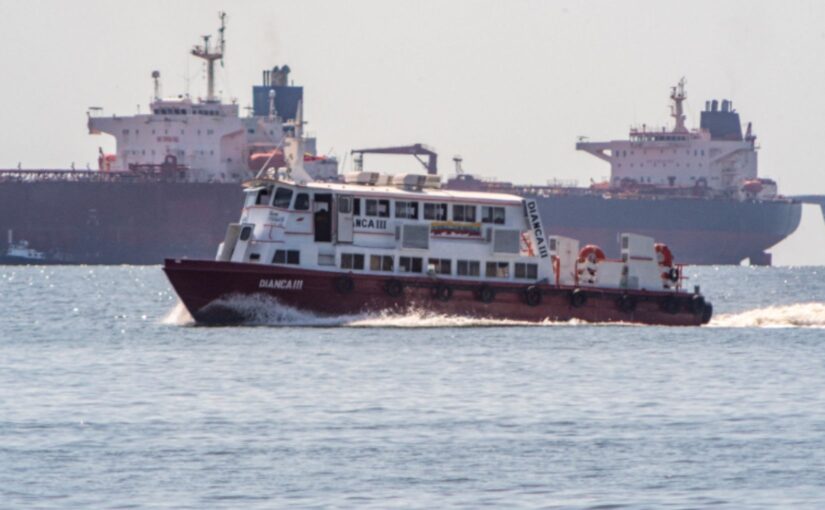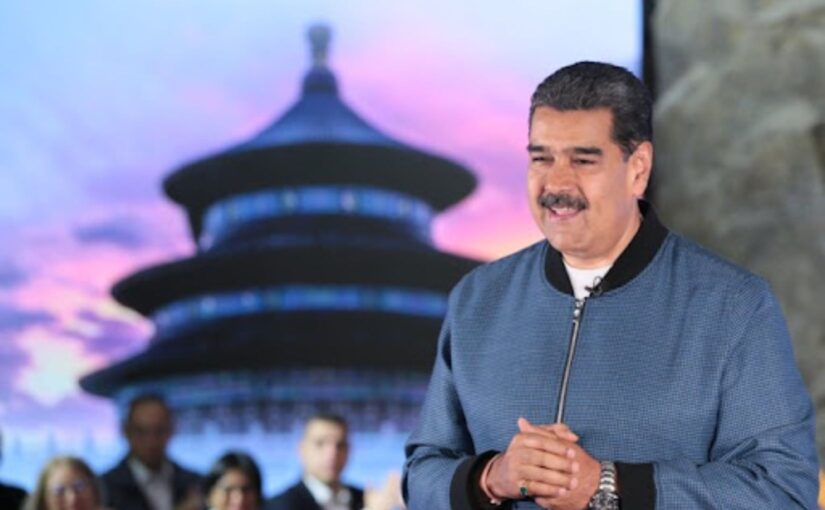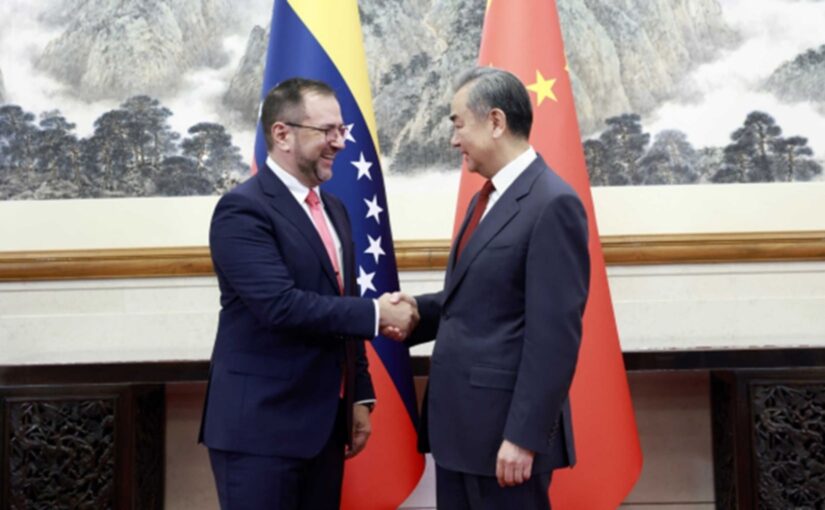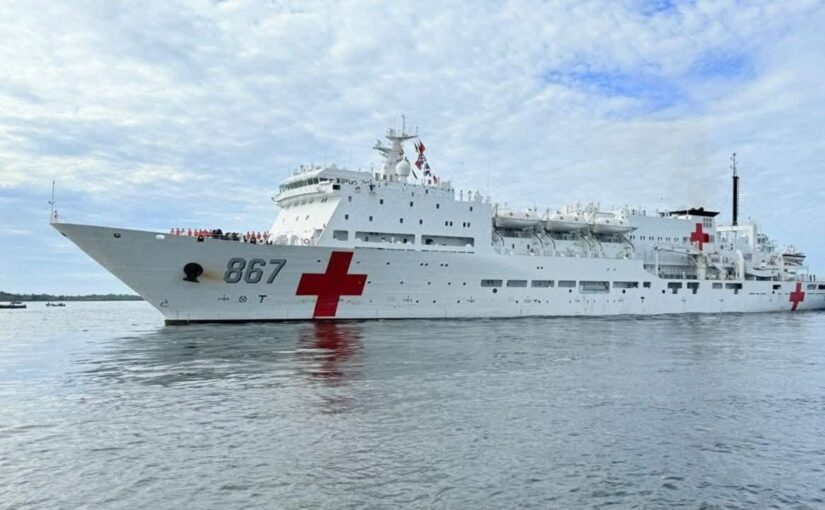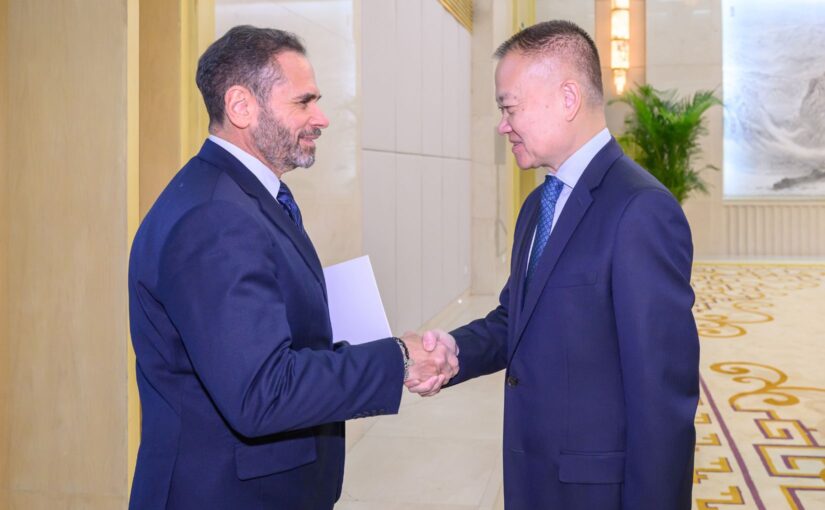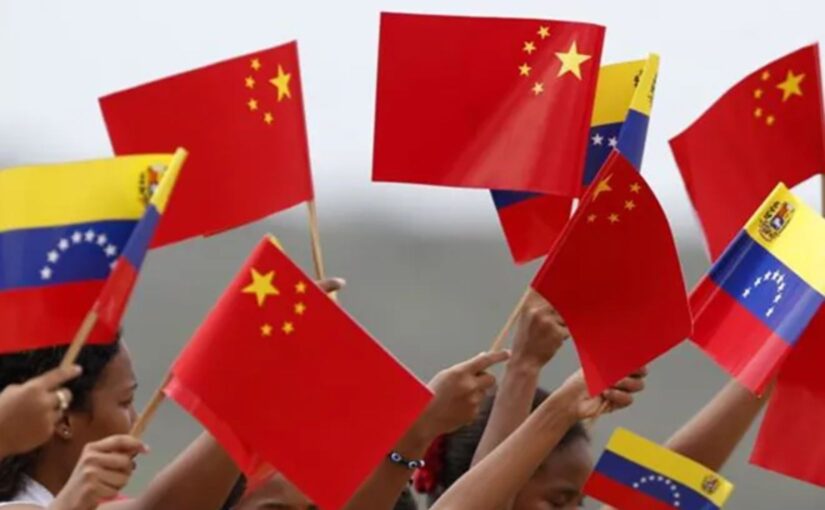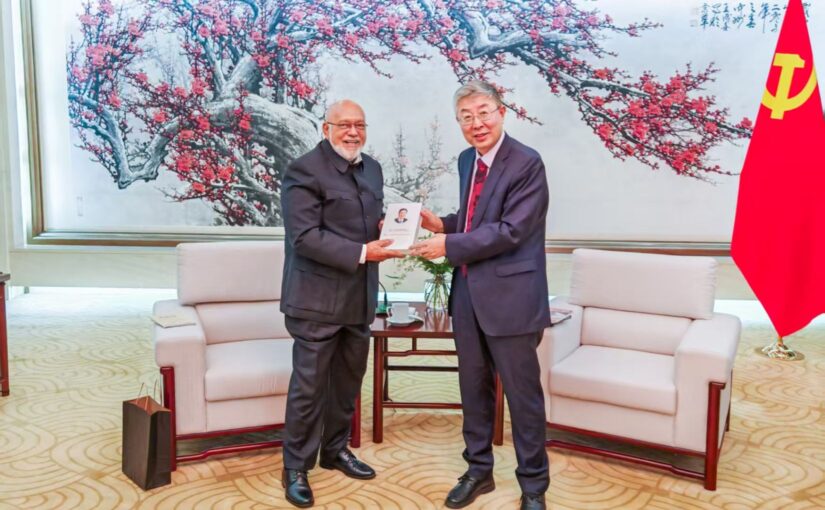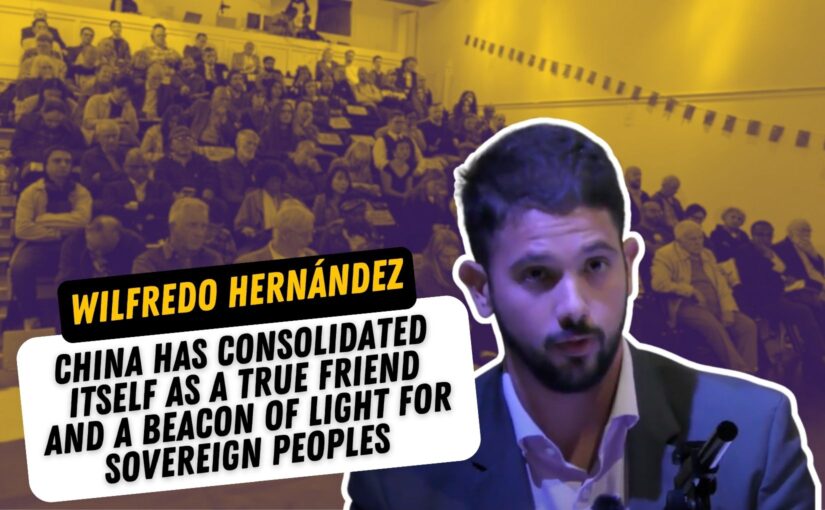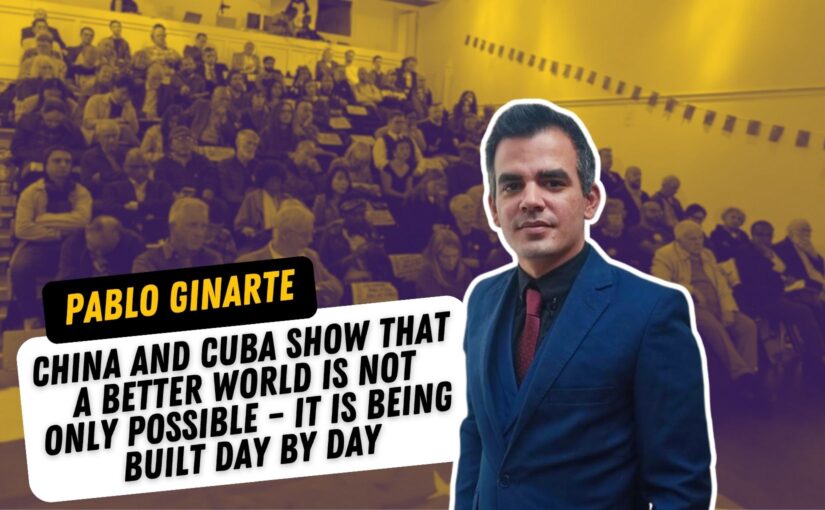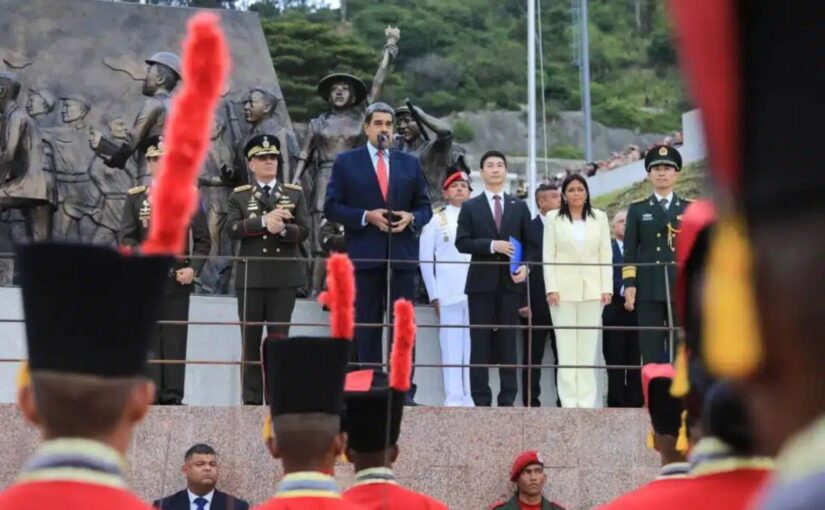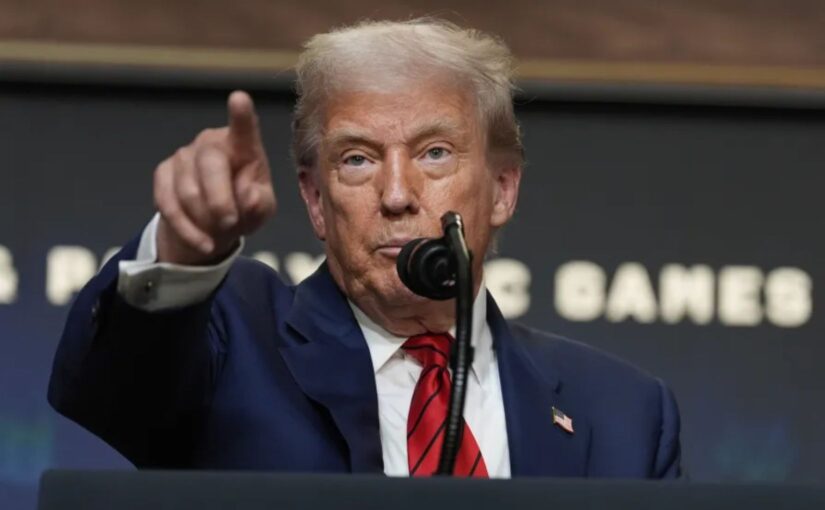In the article below, Professor Jiang Shixue argues that “coercive diplomacy” best characterises the foreign policy of the United States. He defines coercive diplomacy as the use of diplomatic language backed by military or economic pressure to force other countries into submission. Jiang writes that the United States, as the world’s sole superpower, routinely applies such tactics not only against rivals but even against allies.
As an expert in Latin American politics, Professor Jiang cites as examples of coercive diplomacy the US’s criminal decades-long blockade on Cuba, the kidnapping of Venezuelan President Nicolás Maduro, and the recent developments in Panama, which, under pressure from the US, has cancelled a Hong Kong company’s canal port concession and withdrawn from the China-led Belt and Road Initiative.
Jiang contrasts this approach with China’s concept of building a “community of shared future for mankind”, grounded in principles of non-interference and mutual respect. The article concludes that global stability requires abandoning coercive diplomacy in favour of cooperation and multilateralism.
Jiang Shixue is Senior Research Fellow of the Chinese Academy of Social Sciences. He is also Distinguished Professor at Shanghai University, Macau University of Science and Technology, Hangzhou Normal University, and Sichuan International Studies University. Professor Jiang spoke on the subject of How to understand China’s relations with Latin America at our 2022 webinar 21st Century Socialism: China and Latin America on the Frontline alongside former Brazilian President Dilma Rousseff and a number of other prominent speakers.
If one phrase can be applied to summarize the characteristics of the US’s foreign policy, it should be “coercive diplomacy”.
What is coercive diplomacy? Different people have different definitions. But the basic meaning is simple: It is a type of diplomacy plus muscle. In other words, coercive diplomacy cloaks itself in diplomatic garb and relies on one’s military or economic power to force other countries to submit.
As the world’s sole superpower, the United States often engages in coercive diplomacy against any country at any time. The methods of coercion are varied and numerous. Even countries maintaining close relations with the U.S. sometimes become targets of its coercive diplomacy. For instance, on April 25, 2021, the Danish newspaper Politiken revealed that the U.S. Embassy in Denmark had contacted the paper, demanding it prove it did not use technical equipment such as routers or modems provided by Chinese companies including Huawei, ZTE, Hytera, Hikvision, and Dahua Technology. Otherwise, the embassy might cancel its subscription. This shows that even subscribing to a newspaper can become leverage for U.S. coercive diplomacy.
Continue reading Coercive diplomacy is diplomacy of muscle